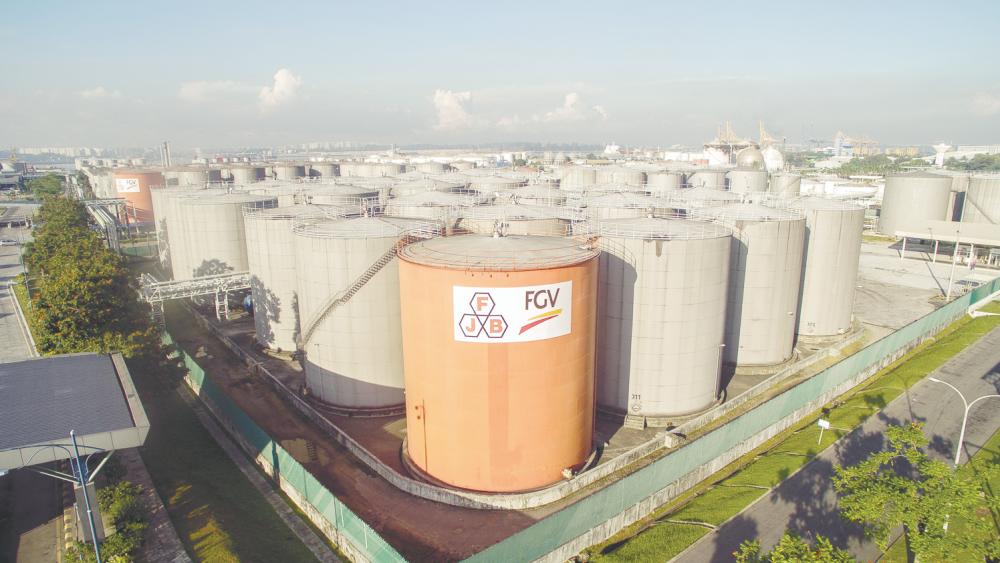PETALING JAYA: FGV Holdings Bhd has clarified that most allegations in a petition submitted by a coalition of non-governmental organisations (NGOs) have been corrected over the period beginning December 2018.
The plantation giant said one major item – pertaining to the legalisation of foreign workers in Sabah, which requires engagement at government level and involves policy changes – is expected to be com-pleted by year-end.
FGV was responding to the petition dated Aug 15, 2019 and addressed to the Acting Commissioner for the United States Customs and Border Protection (CBP). There are several allegations made against FGV in the petition, citing a number of sources, including an article in The Wall Street Journal that was published on July 26, 2015.
“Regrettably, some of those allegations were indeed factually accurate at the time,” FGV said in a press releasetoday.
FGV said it will appoint independent third parties next month to audit and verify each of the newly appointed foreign worker recruitment agencies to ensure that they are in full compliance with FGV’s requirements.
The agreements with the independent third parties are being finalised and an announcement will be made at an appropriate time.
Earlier in March, FGV revised its foreign worker recruitment processes and appointed 13 new recruitment agencies for Indonesia and India. All these recruitment agencies were appointed through an open tender process.
It said each agency had been vetted through a stringent process and engaged under new contractual terms that included protection of the rights of foreign workers.
FGV also is in the process of engaging and appointing independent third-party assessors to audit and verify its grievance mechanism processes, independent third-party assessors to map the risks within its traceability protocols for oils produced by third party suppliers, including smallholders and estates, who account for 70% of the palm oil produced by FGV.
“A key element in addressing the issues that have been raised in the petition is the traceability of the fresh fruit bunches (FFB) supplied to FGV’s mills. At this time, FGV has 100% traceability to all our own estates and to all FFB produced by smallholders who are part of organised government schemes. This accounts for about 70% of the oil produced by FGV.
“Of the additional 30% or about one million tonnes of oil produced from plantations owned by independent smallholders and estates, FGV is now able to trace 66% of its FFB quantity to Tier 1 suppliers (estates of origin and collection centres). Thus, 86% of the oil produced by FGV’s mills is now fully traceable to Tier 1 suppliers,” explained FGV.
FGV said any supplier who does not comply with its requirements on labour standards, human rights and environmental sustainability will be terminated if they are unable to change their practices within a reasonable time frame.
FGV has 68 mills in Malaysia and an oil palm planted area of 339,385ha. Of this, 290,829ha is leased from the Federal Land Development Agency (Felda) and was developed as part of the national agricultural development














